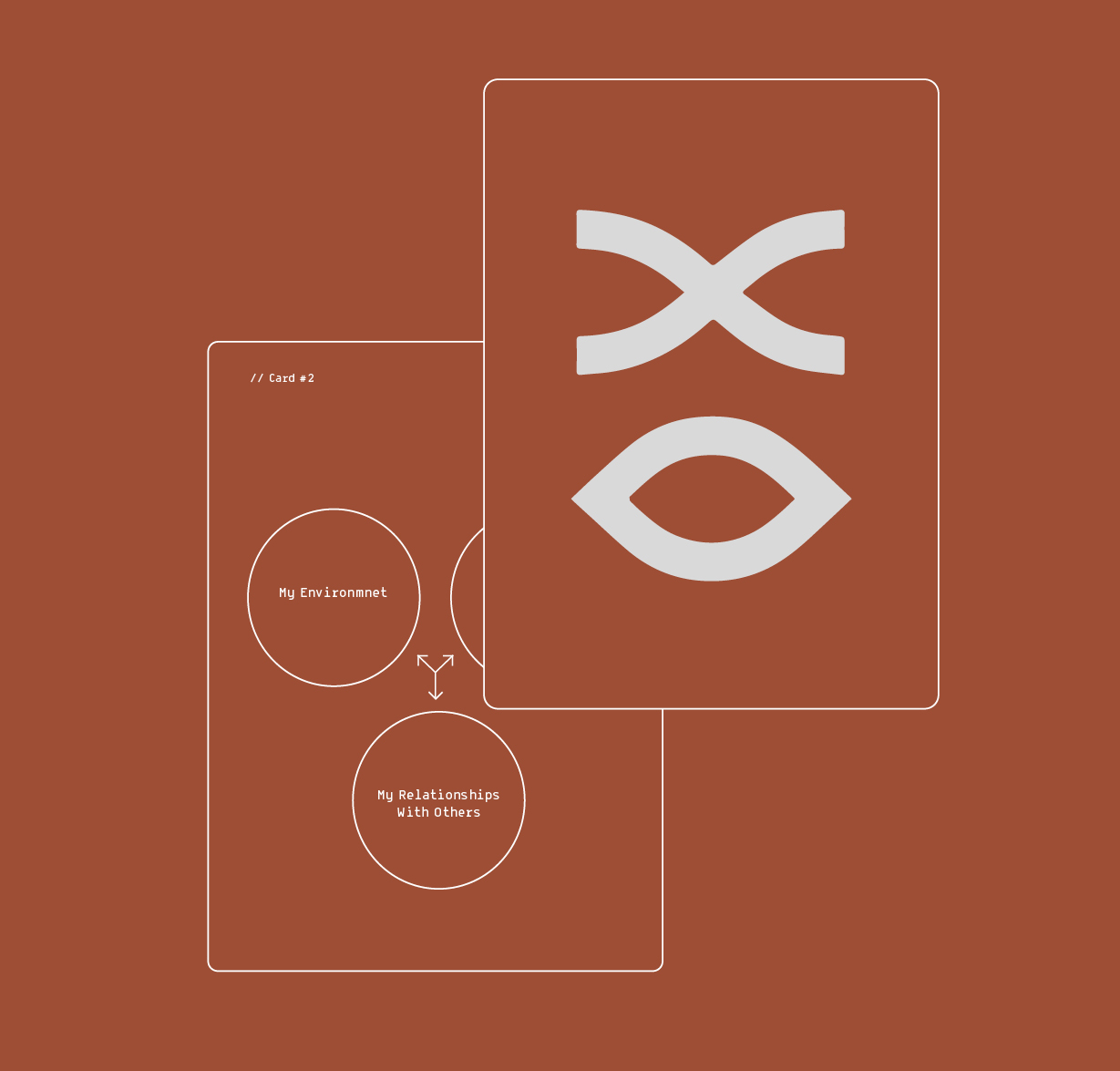
Laboratory
PADLab is a research laboratory and creative workshop in Shenkar designed to explore the era after the Anthropocene and the possibilities for its contemporary realization. It employs strategy, design and gamification elements for speculating about and predicting nature with a lesser to no human dominance. It develops and operates mechanisms for changing human-centered perspectives.
We believe that through collaborative efforts, designers, researchers, and policy makers can effectively explore the evolutionary opportunities that arise from ecosystem changes for various species and habitats. In doing so, they can mutually enhance their perspectives and leverage their respective strengths. That's why PADLab acts as a platform for communication and collaboration between designers, researchers and policy makers and designed to continuously strive for balance between creative and speculative work and fact-driven research and hypotheses.
Anthropocene: The current age, viewed as the period during which human activity has had the greatest influence on climate and the environment [Oxford dictionary]
We believe that through collaborative efforts, designers, researchers, and policy makers can effectively explore the evolutionary opportunities that arise from ecosystem changes for various species and habitats. In doing so, they can mutually enhance their perspectives and leverage their respective strengths. That's why PADLab acts as a platform for communication and collaboration between designers, researchers and policy makers and designed to continuously strive for balance between creative and speculative work and fact-driven research and hypotheses.
Anthropocene: The current age, viewed as the period during which human activity has had the greatest influence on climate and the environment [Oxford dictionary]

Multiscale Ecological Scenarios (MES) cards
Mission
The methods developed and implemented at PADLab are designed to:
1. Enable individuals and groups to internalize nature’s perspective and make nature more present in their decision-making processes.
2. Predict and imagine new possibilities for nature during and after the climate crisis. Decode the meanings of these possibilities and communicate them to the public, education systems, experts, and decision makers.
3. Develop and experiment with models for reciprocity and collaboration between researchers and designers, aimed at studying the future of nature and culture during the climate crisis.
︎︎︎ Read more
1. Enable individuals and groups to internalize nature’s perspective and make nature more present in their decision-making processes.
2. Predict and imagine new possibilities for nature during and after the climate crisis. Decode the meanings of these possibilities and communicate them to the public, education systems, experts, and decision makers.
3. Develop and experiment with models for reciprocity and collaboration between researchers and designers, aimed at studying the future of nature and culture during the climate crisis.
︎︎︎ Read more

Microalgae; Yana Nidich, Nahal Shalev
Yellow Water Lily; Oded Ohayon, Chen Cohen
Methods & Toolkit
PADLab is developing and applying unique tools and exercises that combine methodological components from multiple disciplines: design, education, science, and strategy. Here are some of the tools we use:
︎︎︎ Read more
1. Post Anthropocene local simulation (PALS)
2. Multiscale Ecological Scenarios (MES)
3. Ecoboard
4. Species Embodiment Exercises (SEE)
5. Body-Relationships-Landscape Reciprocal Design (BRL)
6. Species' Communication Design (SCD)
7. Future Ecology Display (FED)
Actions
A: EDUCATION
PADLab’s eco-consciousness training programs: Our workshops are designed to train participants to think and act from the perspective of animals, plants, and landscape elements (e.g., rivers). The workshops can take place at Shenkar or on site, e.g., at an organization’s HQ.
PADLab’s tools can be tailored to different target audiences. Potential partners include:
︎︎︎ Read more
PADLab’s eco-consciousness training programs: Our workshops are designed to train participants to think and act from the perspective of animals, plants, and landscape elements (e.g., rivers). The workshops can take place at Shenkar or on site, e.g., at an organization’s HQ.
PADLab’s tools can be tailored to different target audiences. Potential partners include:
1. PAD for local authorities
2. PAD for engineers
3. PAD for companies
4. PAD for government bodies
5. PAD for schools — teachers and students
6. PAD for conservation experts and professionals
︎︎︎ Read more
Alligtor; Noa Brosh, Adam Kenneth

